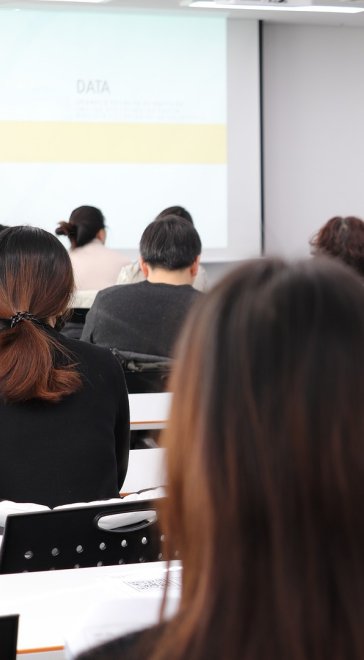Profile Evidence, Fairness and the Risks of Mistaken Verdicts
Profile evidence expresses a positive statistical correlation between membership in a group and crime. For example, statistics indicate that people who committed a burglary before are more likely to commit burglary compared to people in the general population. This profile evidence, if it is introduced at trial against a defendant charged with burglary and known to have committed burglary before, would be highly probative of guilt. But even when it is probative of guilt, many resist admitting profile evidence in a criminal trial for the purpose of helping to establish the guilt of the defendant. Coming up with a satisfactory account of the intuitive resistance to admitting profile evidence has proven difficult in the literature. The paper argues that concerns about admitting profile evidence can be vindicated by appeal to another fundamental legal value, equality before the law. In particular, equality before the law requires that innocent defendants be exposed to equal risks of mistaken conviction. As it turns out, profile evidence puts the innocent defendants who belong to the profiled groups at greater risk of mistaken conviction, relative to other innocent defendants who do not belong to profiled groups. This is the problem with admitting profile evidence at trial. This line of argument has a number of applications. For example, consider the debate among forensic scientists about the proper use of DNA profiling technology in cold-hit cases. Many have warned that in these cases a DNA match should have a weaker probative value than in standard DNA evidence cases. But others, especially Bayesian statisticians, have disagreed. The equal risk approach presented in this paper justifies, on fairness grounds, weakening the probative value of a DNA match in cold-hit cases, while also accommodating the dissenting arguments put forward by the Bayesian statisticians.

